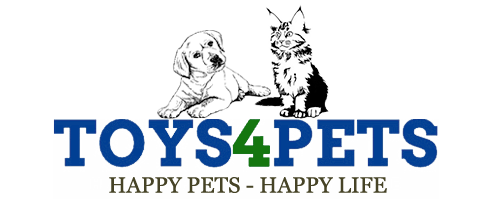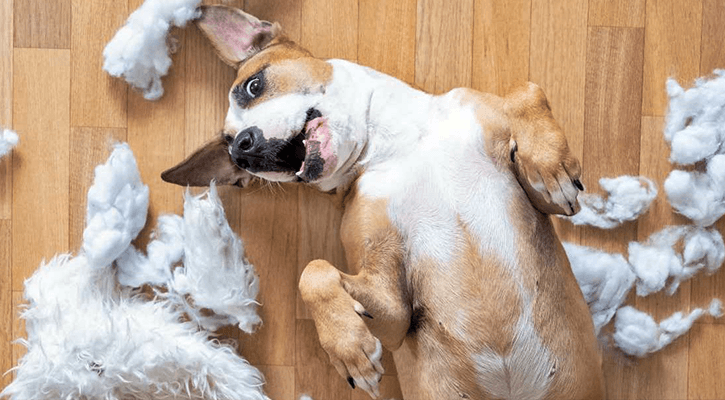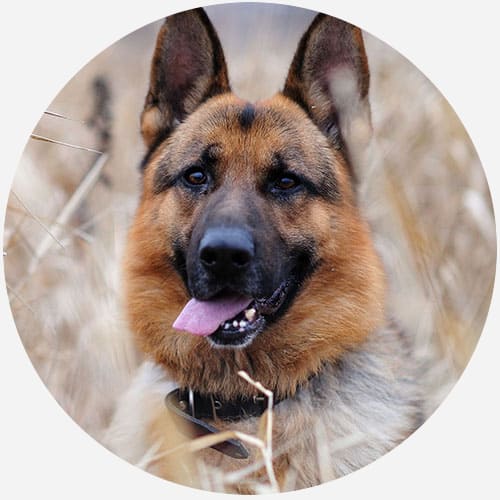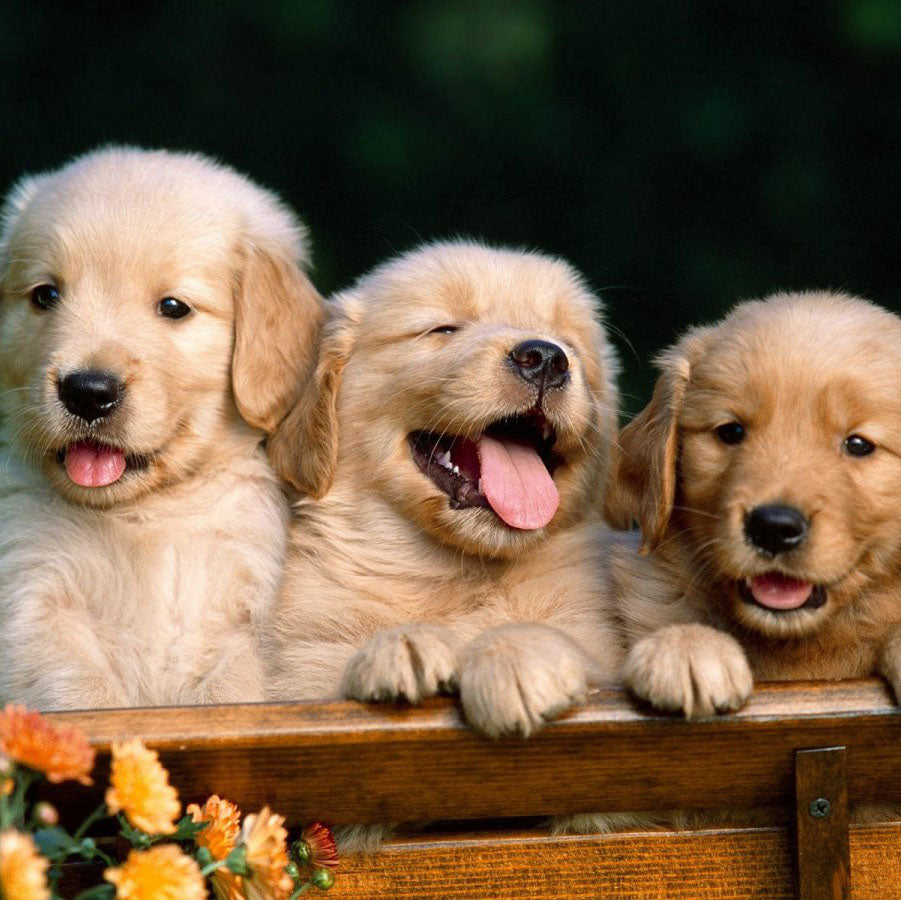If you're a dog owner, you may have experienced the frustration of finding your belongings in shreds due to your dog's destructive chewing habits. Dogs chewing everything in sight can be not only damaging to your belongings but also potentially harmful to their health. In this article, we will explore the reasons behind this behavior and provide practical tips on how to train your puppy or dog to stop chewing everything.
Why Do Dogs Chew Everything?
a. Teething: Puppies, especially, go through a teething phase where they chew to alleviate discomfort and help their new teeth break through the gums. This behavior is normal during this stage of their development.
b. Boredom or Lack of Stimulation: Dogs may resort to destructive chewing when they are bored or lack mental and physical stimulation. Chewing provides an outlet for their energy and helps alleviate boredom.
c. Separation Anxiety or Stress: Dogs with separation anxiety or high levels of stress may engage in destructive chewing as a way to cope with their anxiety or frustration.
d. Lack of Training or Reinforcement: Dogs that haven't been properly trained or haven't received consistent reinforcement may not understand what is appropriate to chew and what is off-limits.
Training Techniques to Stop Destructive Chewing
a. Provide Appropriate Chew Toys: Offer a variety of safe and durable chew toys specifically designed for dogs. This will redirect their chewing behavior to appropriate items and satisfy their need to chew.
b. Supervise and Limit Access: Until your dog learns appropriate chewing behavior, supervise them closely and limit their access to areas where they are more likely to engage in destructive chewing. Use baby gates or crates to create a safe space for them.
c. Positive Reinforcement: Reward your dog with praise, treats, or playtime when they chew on their designated toys instead of inappropriate items. Positive reinforcement helps them understand which behavior is desired.
d. Exercise and Mental Stimulation: Ensure your dog receives enough physical exercise and mental stimulation through walks, interactive play, and training sessions. This will help reduce boredom and channel their energy in a positive way.
e. Chew Deterrents: Use bitter-tasting chew deterrent sprays or gels on items that your dog is prone to chew. The unpleasant taste will discourage them from continuing to chew on those objects.
When Do Puppies Stop Chewing?
Puppies typically go through a teething phase until they are around six months old. During this time, their chewing behavior is more intense. However, it is essential to continue training and reinforcing appropriate chewing behavior beyond the teething phase to establish good habits for the long term.
Seeking Professional Help
If your dog's chewing behavior persists despite consistent training efforts, it may be beneficial to consult with a professional dog trainer or animal behaviorist. They can assess the underlying causes of the behavior and provide specialized guidance and training techniques.
Conclusion
Dealing with a dog that chews everything can be challenging, but with patience, consistency, and proper training, you can redirect their chewing behavior and save your belongings. Remember to provide appropriate chew toys, engage in positive reinforcement, and address any underlying issues that may be contributing to the behavior. With time and effort, you can help your dog develop healthier chewing habits and create a harmonious living environment.




